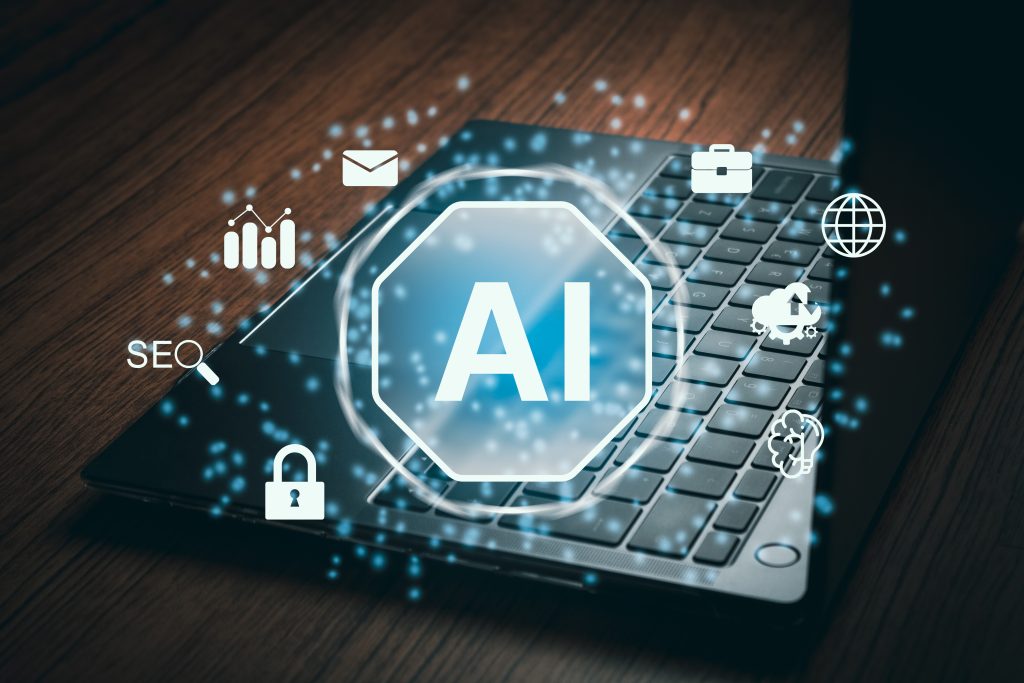
































While concerns about AI's dangers abound, experts believe that it can greatly accelerate scientific progress and lead to a golden age of discovery. according to the The Economist's article.
Historical examples, such as the introduction of microscopes and telescopes in the 17th century and research laboratories in the late 19th century, demonstrate how new tools can bring about world-changing advancements.
AI tools and techniques are already being adopted in almost every scientific field. They can identify promising candidates for analysis, sift through massive amounts of data to uncover patterns, and model complex systems. Two areas show particular promise in transforming scientific practice: 'literature-based discovery' (LBD) and 'self-driving labs' or robot scientists. LBD involves using AI language analysis to analyze existing scientific literature and discover new hypotheses, connections, and ideas. This can stimulate interdisciplinary work and foster innovation. Self-driving labs leverage AI to generate and test hypotheses through hundreds or thousands of experiments. They can explore unconsidered avenues and develop unexpected theories without human biases.
However, the main barrier to widespread AI adoption in scientific practice is sociological. Many scientists lack the necessary skills and training, and some fear job displacement. To fully unlock AI's potential in scientific discovery, governments and funding bodies play a crucial role. Advocating for common standards to exchange and interpret laboratory results and data, as well as funding research on integrating AI with laboratory robotics, is essential. Exploring alternative forms of AI, such as model-based machine learning, can also enhance tasks like hypothesis formation.
By learning from historical examples and embracing AI tools like LBD and self-driving labs, scientists can foster innovation and solve complex problems more efficiently. Overcoming sociological barriers and increasing support from governments and funding bodies will pave the way for a transformative era of AI-driven scientific progress.
Source: The Economist
 Etiquetas calientes:
Inteligencia Artificial
Etiquetas calientes:
Inteligencia Artificial